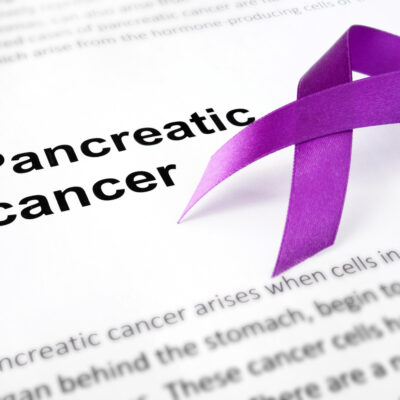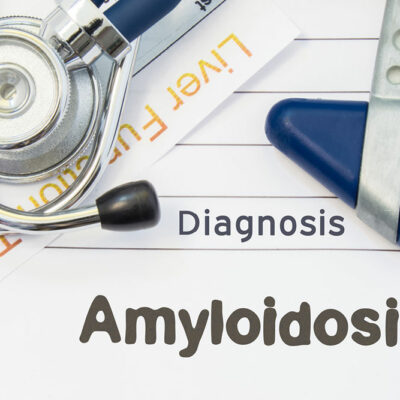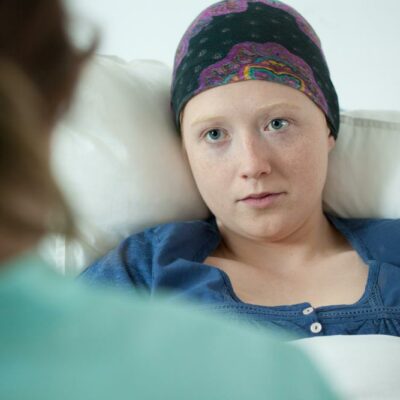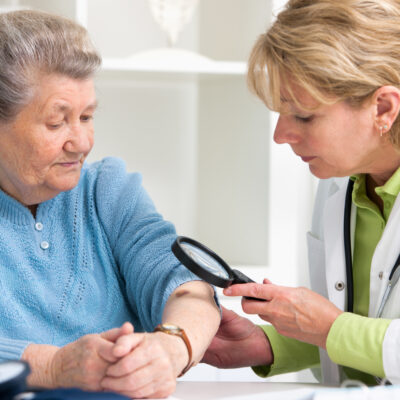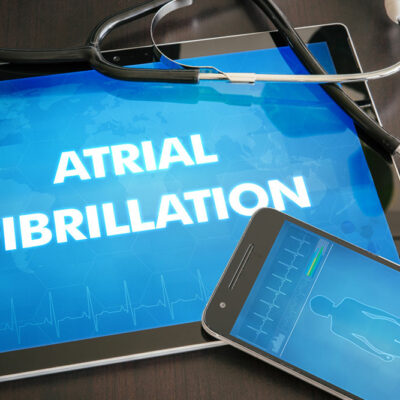
Health
Treatment options for atrial fibrillation
Atrial fibrillation, also known as AFib, is a medical term that generally refers to irregular or fluctuating heartbeats. This heart condition is considered to be quite fatal by many doctors as it can lead to blood clots, heart failure, as well as stroke. However, like other deadly health conditions, AFib also comes with some vague symptoms which include nausea, light-headedness, and a feeling of weakness. As these signs are generally related to many other diseases, it becomes very tough for doctors to diagnose and treat this disease. However, thanks to medical science, various options of treatment for atrial fibrillation are now available, which can help the doctors to treat the condition quite comfortably. Some of these options are: Resetting the rhythm of the heart Many people suffering from a severe case of AFib require resetting the rate and rhythm of the heart. To do this, doctors generally use a procedure which is known as cardioversion. This procedure of treatment for atrial fibrillation is usually done in two ways, which are: Electrical cardioversion : To complete this procedure, the doctor will place some patches on your chest and will deliver a gentle shock to your heart. The shock usually stops your heart’s activity for a short while to reset its rhythm to normal.
Read More 


